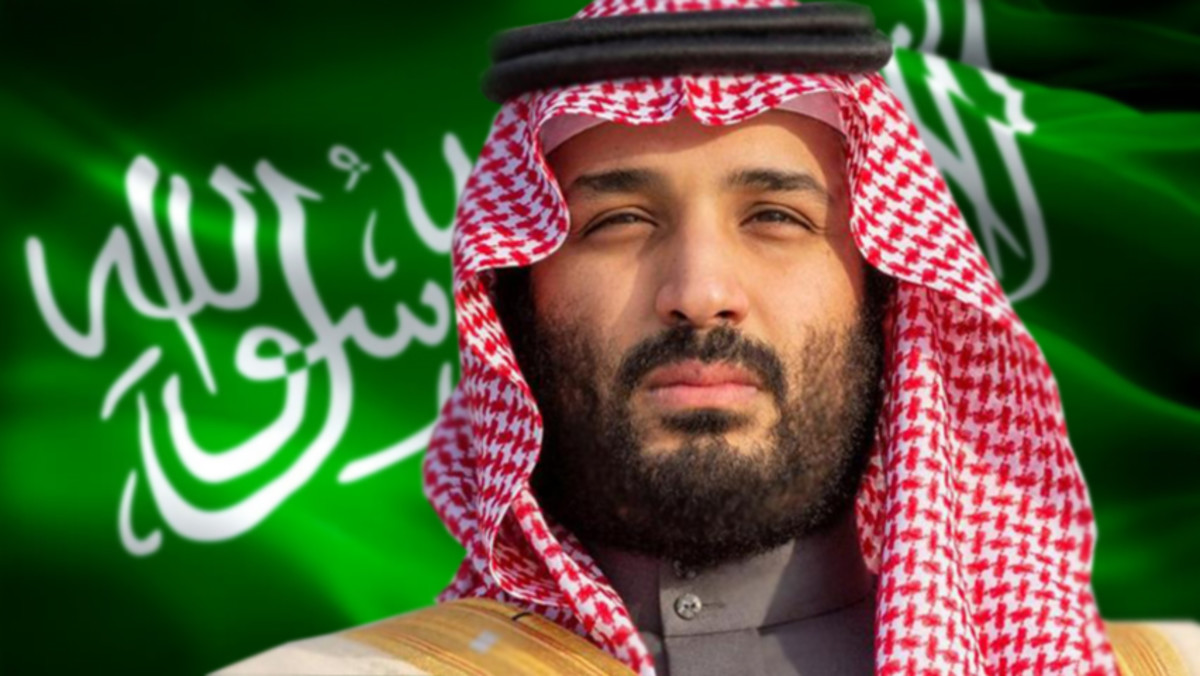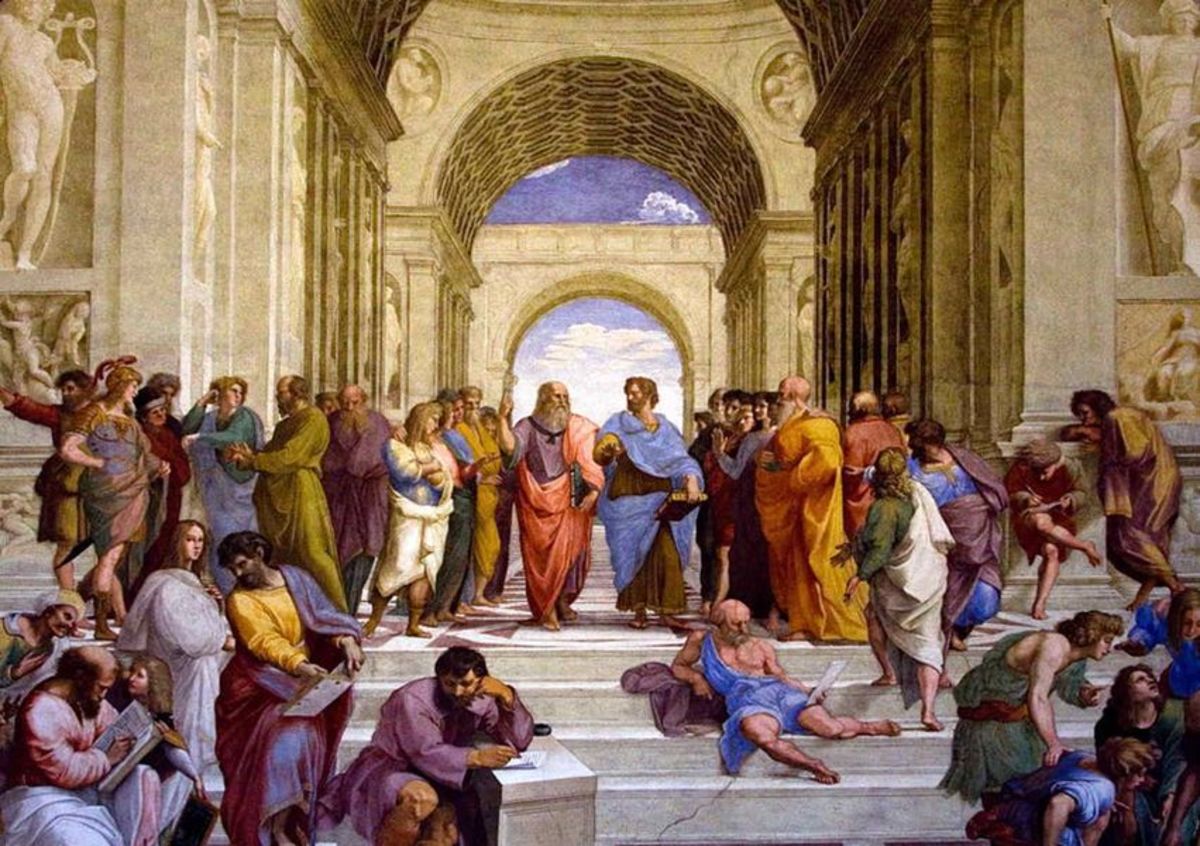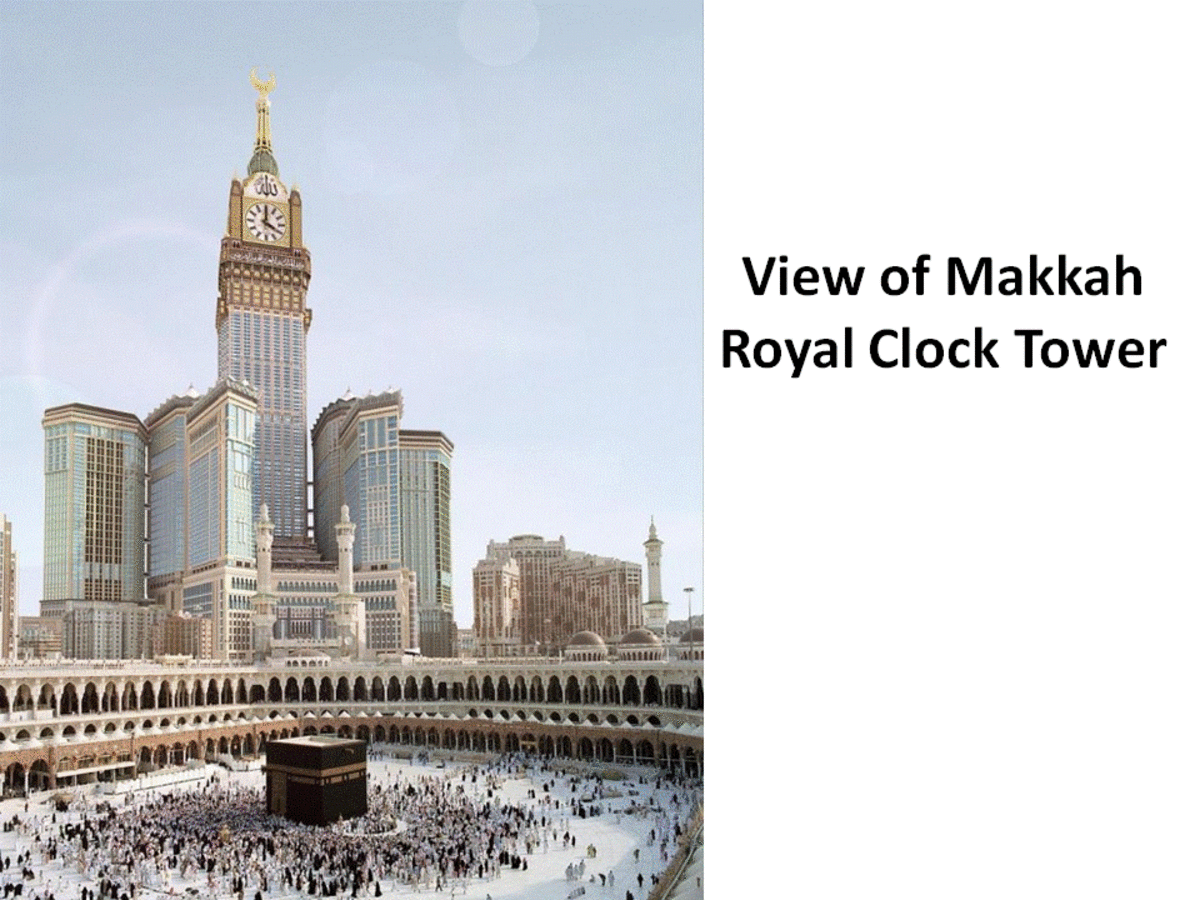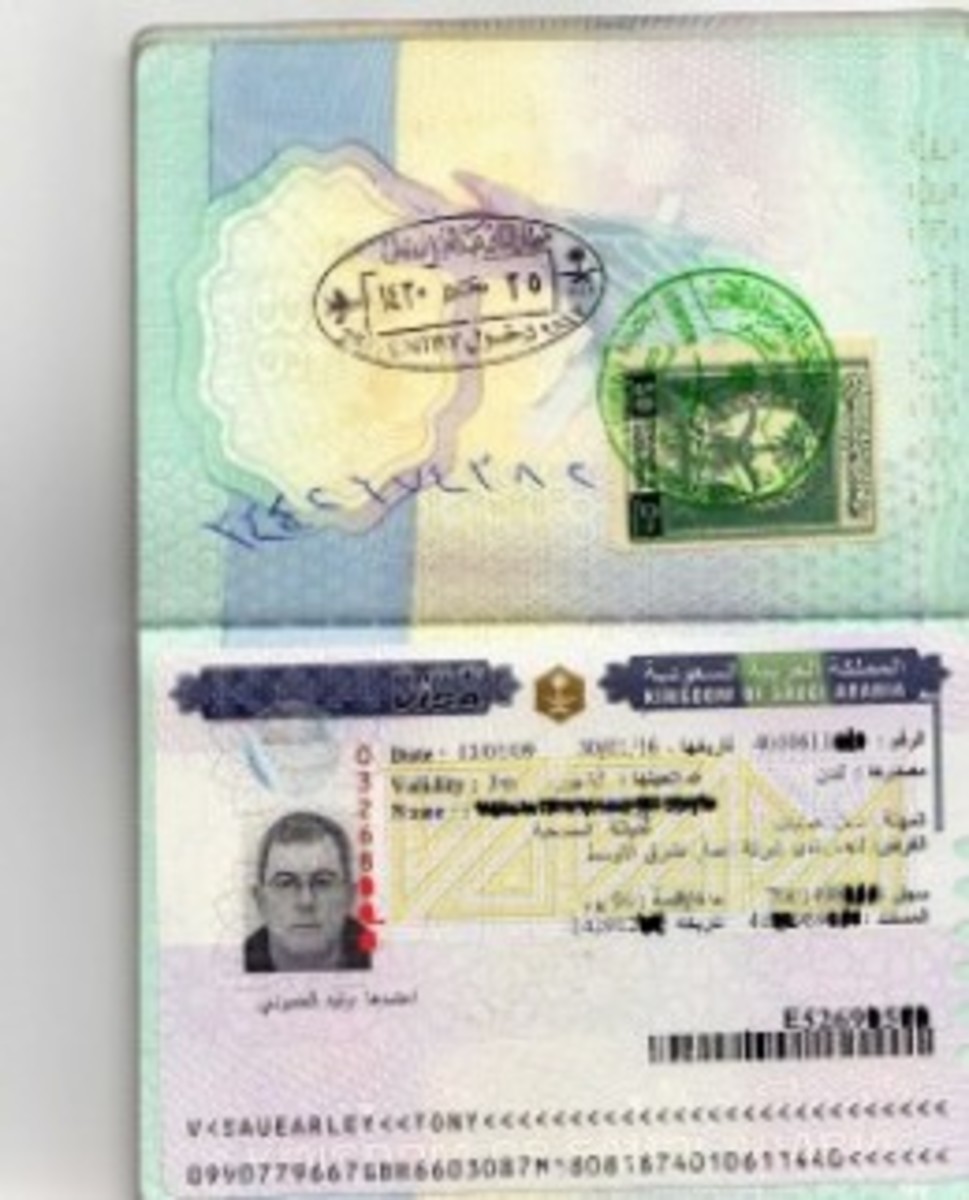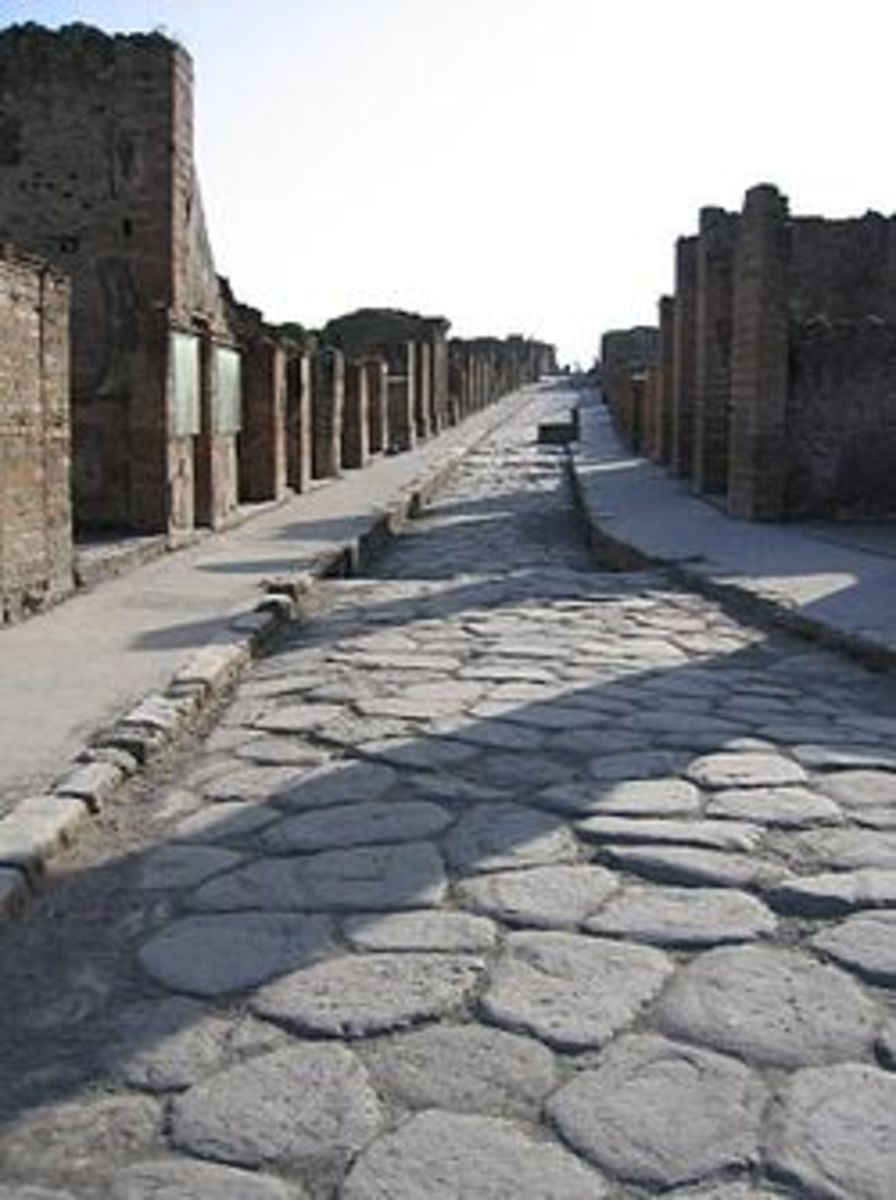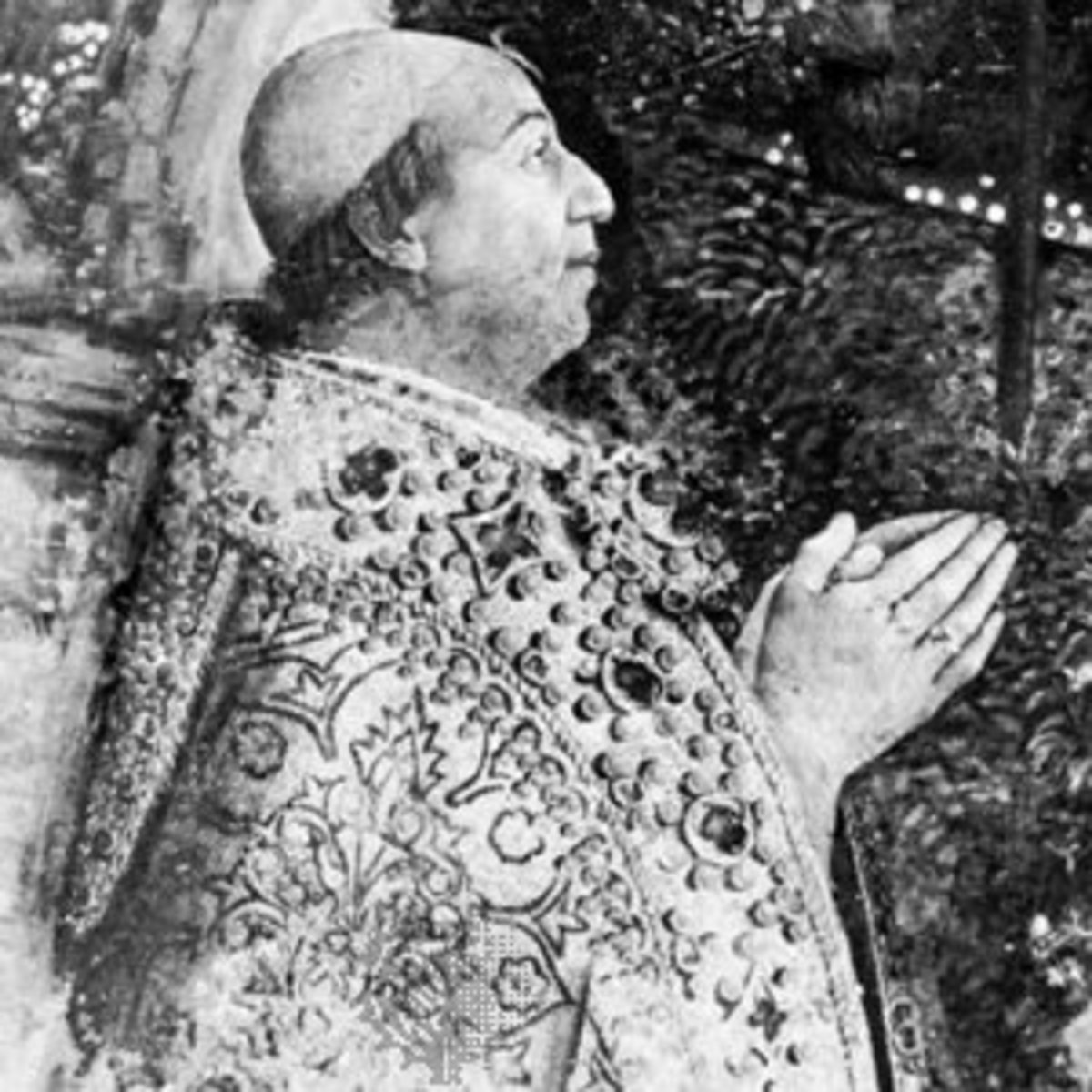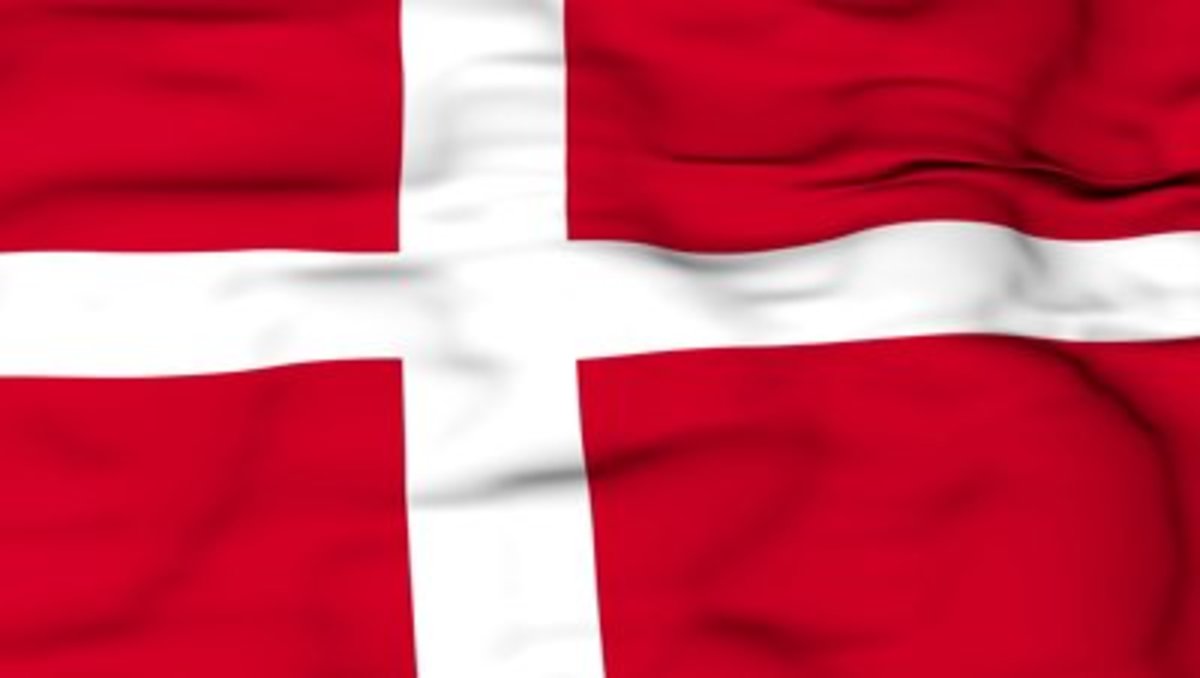How Is the Role of Religion in America Compared to That of Saudi Arabia?
In this hub, the writer will focus on the last option of assignment 7 on the functioning of religion in the cultural context. In essence, from an anthropological perspective, there are many functions, which are played by religion in the society. First believed as evolving from the necessity in understanding the physical world, religion presently complements the scientific knowledge on the understanding of the physical world and many of the cultural aspects that are prevalent in the society. This paper will compare and contrast the relationships between religion and politics in the American cultural context with those of Saudi Arabia.
Religion and Politics in the American Context
Despite the fact that there has been a clear separation of religion and the state in America, there is no doubt that, religion still plays a significant role and influences much of the political system in the country. In particular, the U.S presents a good example of a political culture that has been shaped by religious associations and churches. Moreover, the striking movement could offer evidence for the significant influence of religious communities and leaders who are strongly advocating for the implementation of human rights. In the context of U.S, religion plays a critical role in societal integration, as well as socialization of citizens. The reason attributed to this phenomenon is that the state has to employ a language that could be accessed by all citizens. This means that imposing some policy, which may not be popular to the majority, would not be justice at all. This is why the state can no longer be impartial in a nation with different worldviews, subculture and one that harbors a religious majority (Wald, and Leege 2010, 355).
However, unlike other countries such as Saudi Arabia, where religion directs the political course of the nation, the religious right in the American context is rather a mixed phenomenon. In this light, it should be considered that though religion greatly influences the political courses, all decisions that are legally binding, as well as political programs have to be backed by the state power.
According to Weber (1904), the tendency of Americans in proclaiming the religious affiliation in public systems has been instrumental (335). This logic can help us understand why politicians are interested in talking about religion in a similar way which plumbers put a Christian fish simple in their tool kits. The reason for this is that religion connects the politicians with community, and ensures that such could be trusted with the populace who wants a person that can represent their ideologies and culture.
However, this is only a small side of the story. For your knowledge, religious expression pervades different levels of political and civil life and extends beyond local communities. This is irrespective of whether the particular communities represent large categories (Christian 112). Whether low class, middle class, or the republicans, politicians have to endeavor in connecting a broader public if they want to be successful.
More critical is the fact that religion is not simply a one-way cultural transmission from the politicians to the populace. Among the reasons for entrenchment of religious perspectives in American politics is that Americans demand this. Simply stated, it is the culture and norm of America to express religious belief in their political systems. Hence, religion offers a frame of reference and common tradition for the American people, as well as a common aspect for belonging. These articulation are backed by Putnam and Campbell (2010) in their popular book American Grace who post that most Americans employ religion as a sense of solidarity in a society that appears divided.
For a society depicted by the variation of culture, religion ultimately plays an integral role in political life. Further, it is regarded as a type of public ritual and works on a literal religious level. In these perspectives, presidents and those at the helm of the political system have to show their references during the state of the Union, inaugural addresses, as well as other public ceremonies. This serves not only in expressing public piety, but also in invoking the higher force behind the public life. In addition, it also expected that this invocation serve as a cultural background, against where individual and group differences could be harmonized. In light of this, incorporation of religion has been a public version of church rituals where the national community is called into being.
A good example could be derived in 1960 where John Kennedy’s presidential ambitions were able to sail through because of his inclination to Catholicism. Further, there are politicians who belong to the Catholic, or Protestantism. Similarly, the wider Christian tradition has been increasingly embraced in America’s political system.
However, despite being similarities in the influence of religion between America and Saudi Arabia, there are wide differences that can be experienced between the two countries. Specifically, this is in regard to the kind of religious beliefs exhibited by the two countries. While Saudi Arabia is predominantly Muslim, the American citizen to signal a national belonging uses Christianity. Nonetheless, the percentage in the number of people who profess the specific believes between the two countries differ by a large extent. While 59% of American citizens are attached to their faith, the number of citizens who are Muslim adherent is approximately 90%. Accordingly, this sense is eternal and not likely to change in future perspectives. A survey conducted by Edgell and Hartmann established that approximately 59% of American citizens are Christians and that this inclination acted to the benefit of the country. From this survey, responded who perceived America as not being a Christian country, pointed out that it ought to be. Majority of American, irrespective of the social divided, poor, rich, white, black, commonly held this position Democrat or Republican. This is a clear indication of a greater religious influence to America’s political system.
Therefore, religion acts as a mark to signal a belonging to particular communities and functions as a basis for American belonging in perspectives that are more general. At some degree, these may be regarded as inclusive functions. However, religion may not be used as a political weapon because unlike in Saudi Arabia, it is acts as a symbolic boundary and that similar to all other boundaries, there are those who are included and those not included.
Among the exclusion and inclusion aspects operates at a deep cultural level. In America, it is common to hear that anybody, except an atheist can attain the presidency. While this assumption may be somewhat exaggerated, belief appears to be a critical part in American belonging. Practically, this means that those who do not belief are excluded from this community. This assumption has been supported by many opinion polls which have establish that Americans do not prefer non believers in clinging the post of the presidency.
Role of Religion in Saudi Arabia Political System
Unlike U.S.A, Saudi Arabia is an Islamic State, which relies on the Koran as its constitution. Further, the country differs with its American counterpart in the sense that it is ruled by a monarch with Islamic Law as its constitution. Further, there is no protection of religion in the country and the government does not enforce such protection. In fact, Islam is considered as the official religion which should be practices by all citizens. More interesting is the fact that other religions other than Islam are prohibited from public practice. Although, the state recognizes the right of members of other religions to worship in private, such a law requirement is not defined (US State Government, 2004).
Due to international criticism directed on Saudia for violation of human religious rights, the government had though reluctantly initiated campaigns of fostering greator tolerance and moderation in embracing religious diversity. In essence, government officials have endeavored to improve the aspect of tolerance with other religious groups. For instance, there are many instances where the government has conveyed National Dialogue meetings and conferences with religious leaders who have advocated for an end to violence and harassment directed at members of different religious groups. Such sessions went on to release a set of recommendations, which stipulated a need for educational reforms, moderation in education and tolerance. Other measures initiated by the government were to change the countries’ curriculum to reflect religious diversity. Further, there have been an enhanced media freedom where journalists are allowed to critique the abuses by police on members of other religious diversity.
However, behind the scenes, the government enforces a stricter version of its religion, Sunni Islam. Citizens and especially Muslims who do not adhere to the officially sanctioned Islamic laws could pass stiff penalties instate by the religious police. Moreover, the sectarian tension and religious discrimination persists where there are open reports of denunciations of other religions and discrimination in government places.
Those with opposing religious views are detained or discriminated upon. This discrimination is in form of economic discrimination, political discrimination, and representation of the official institutions, faith restrictions, employment opportunities and access to community centers. Further, the government has openly stated that non-Muslims should worship in private places. Despite this, the rights of non-Muslims are consistently violated as they are barred freedom of worship, harassment and discrimination that is meant to discourage their religious practice.
Saudi Arabia, which is considered as the helm of the Islamic religion, experiences over 2 million pilgrims from all over the world and all divisions of Islam for an annual pilgrimage. Majority of the country’s citizen are in support of an Islamic state and many of them do not support the public practice of non-Muslim faith. However, views on how non-religious practice should be practiced differ in different perspectives. Nonetheless, members of other religious groups including the Shia minority are discriminated upon.
The system in Saudia appears much different with that of U.S since the latter has a culture of discussing issues of religious freedom with its citizens as part of its overall policy in promoting human rights. Owing to Saudia religious restriction, U.S and other members of the international community have labeled Saudia has a country of special concern for its violation of the international religious freedom.
In Saudia, there is no such thing as religious freedom. Furthermore, the basic religious freedoms are barred for members of different religious faith. According to the country’s constitution, all citizens are required to remain Muslims and that there is no freedom to change the religion.
These principles may be attributed to the fact that the country is the custodian of the two holiest sites in Islamic religion, Medina and Mecca. Owing to these, the government considers itself as legitimate in enforcing these strict regulations.
Conclusion
From this discussion, it is clear that religion plays an integral role in both America and Saudi Arabia. However, this role is more reinforced in Saudi Arabia, a country where majority of its populace one kind of religion Islam. However, in Saudi Arabia, religion typically controls the state and the political systems while this is not always so in America.

